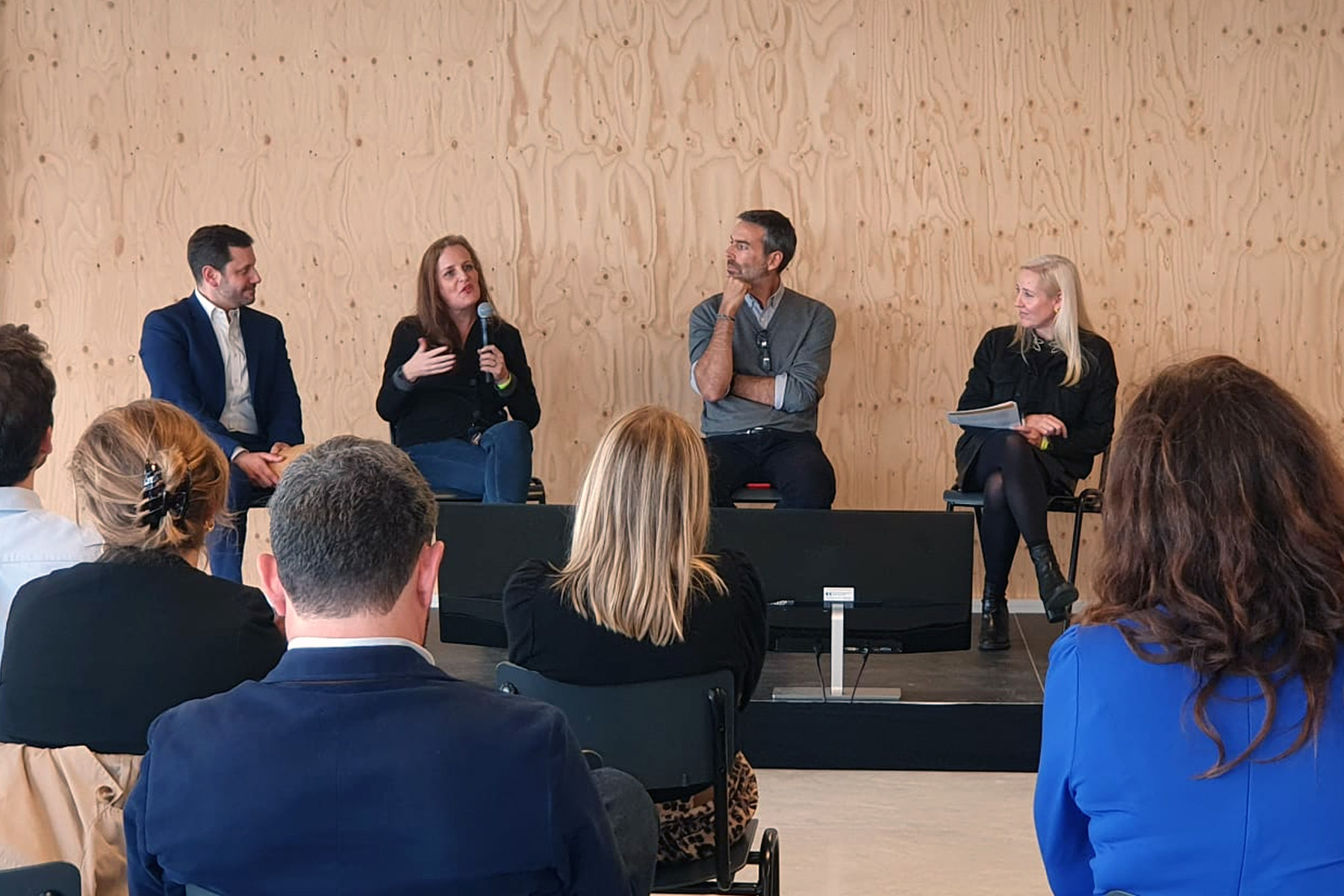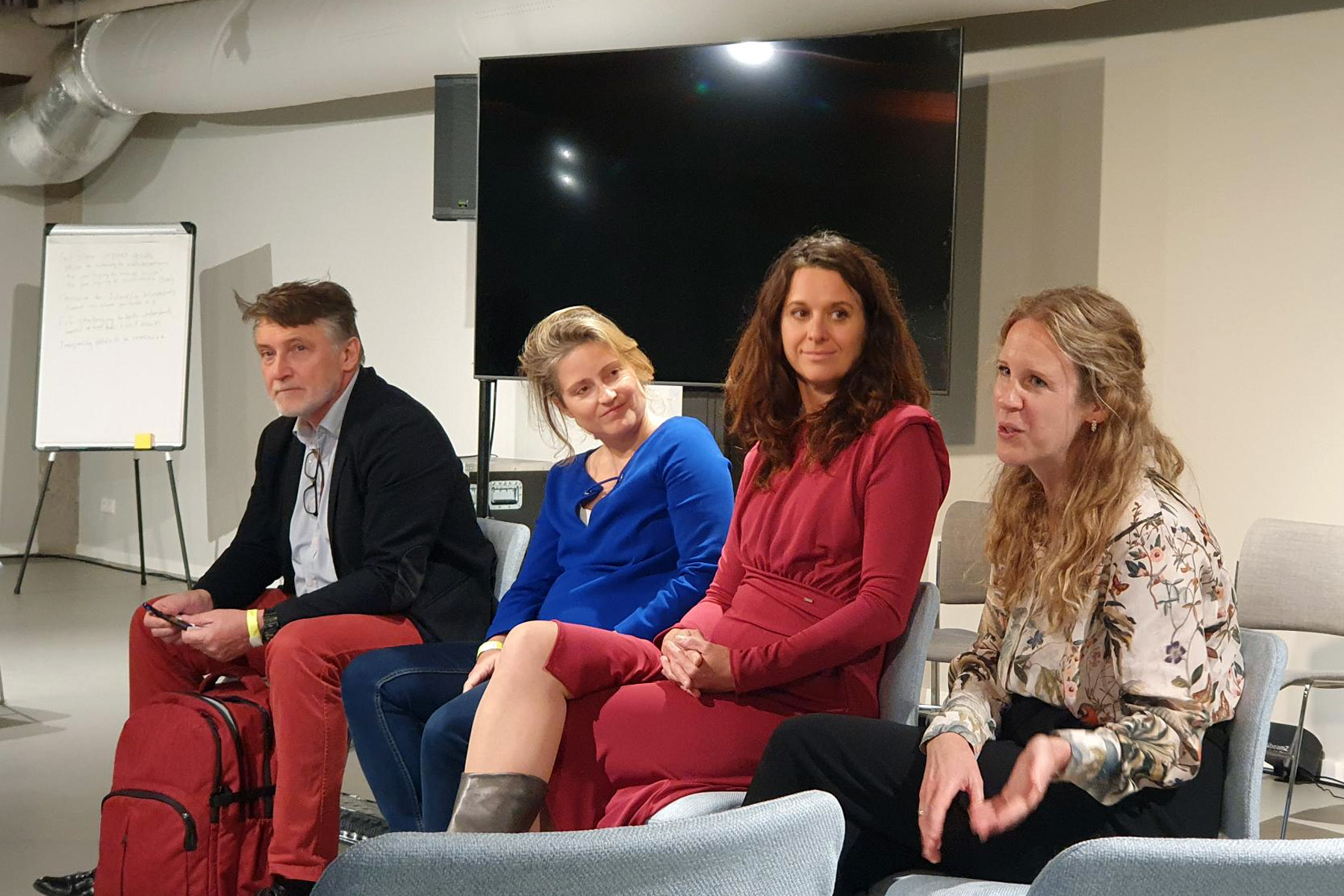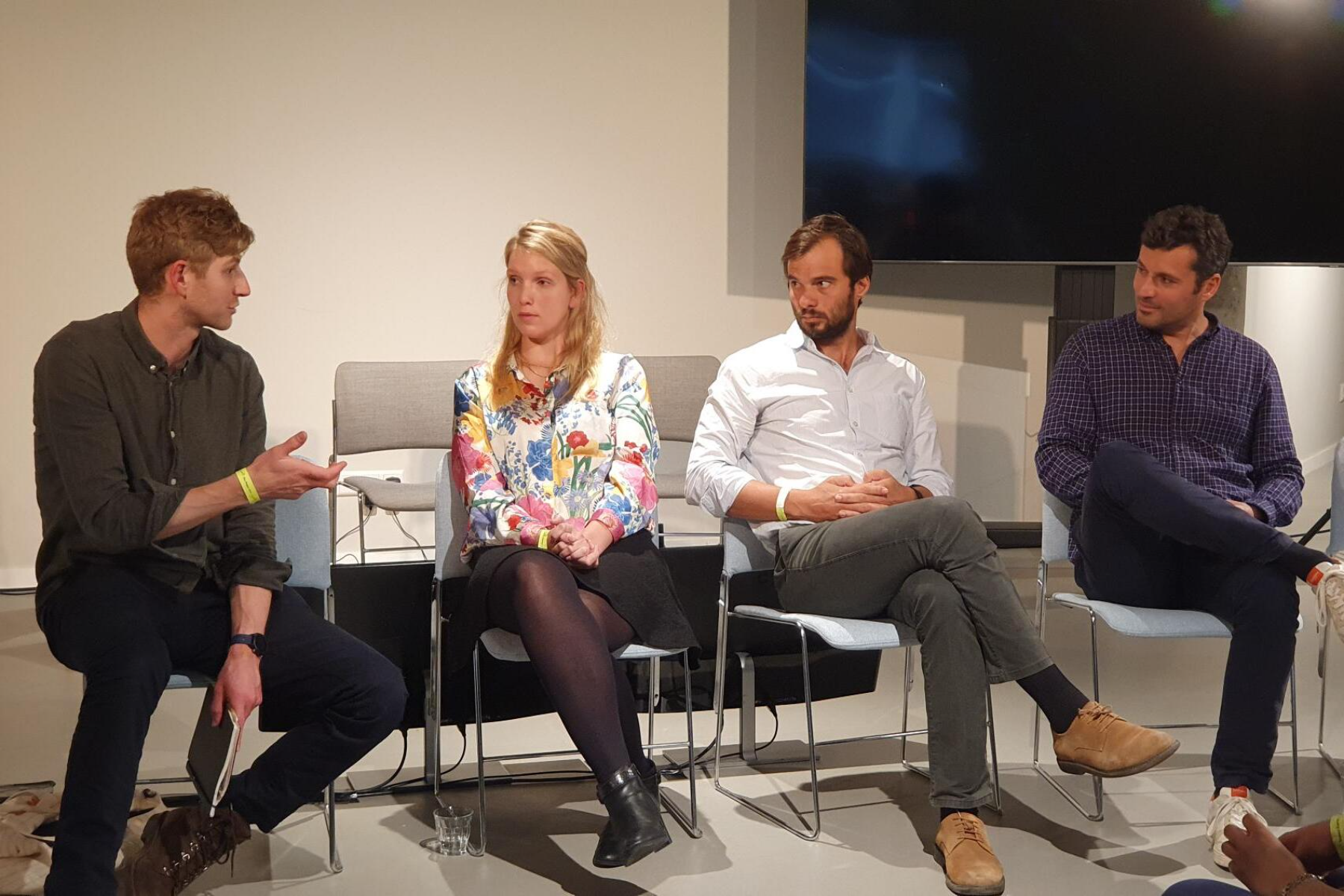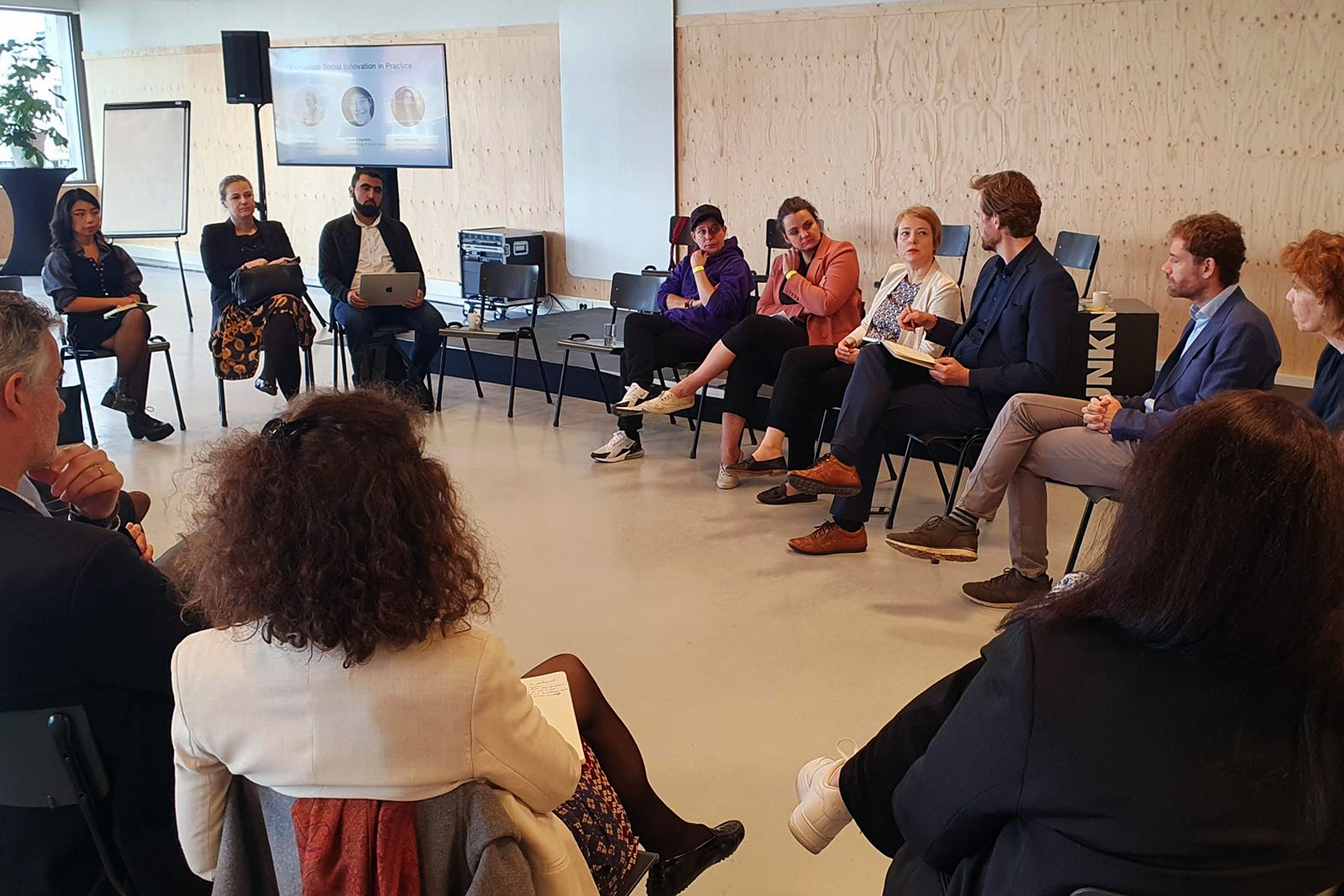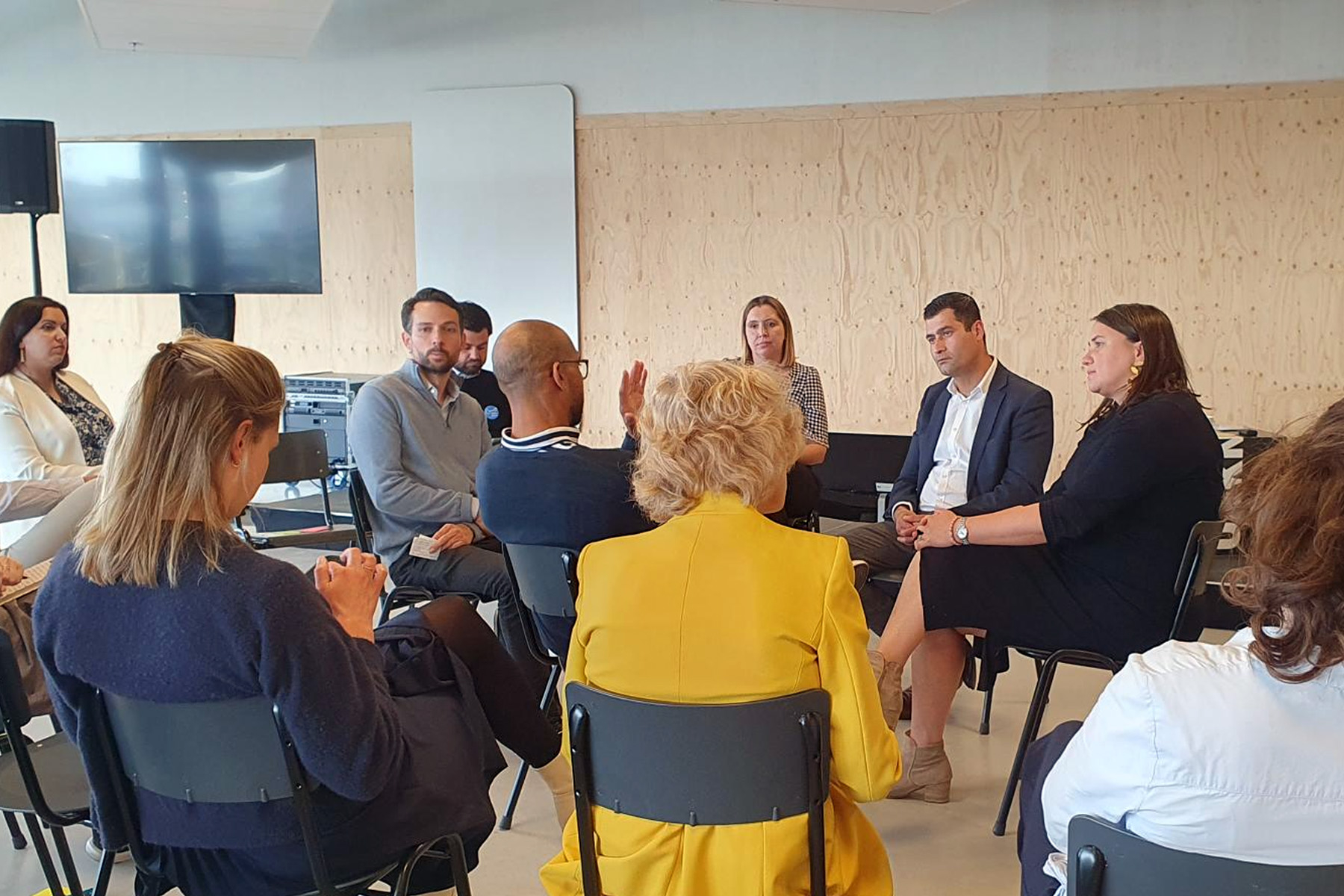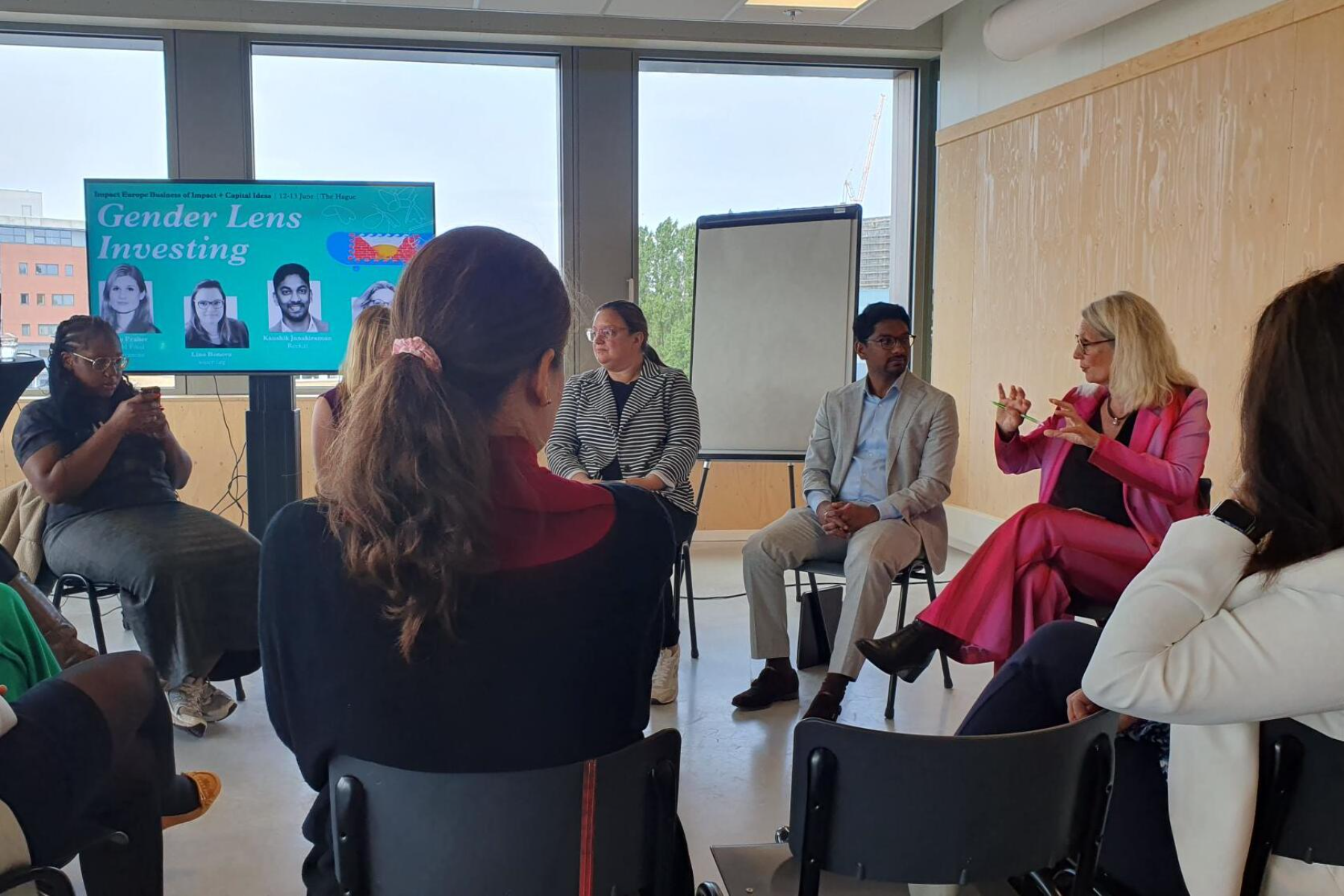Power to the people (who matter most)
How can the impact movement make sure it always acts in the interests of stakeholders and the natural environment? This was the question explored by a group of impact funds and corporate impact actors during a breakout session – "Influencing Power Dynamics" – at Capital Ideas and Business of Impact.
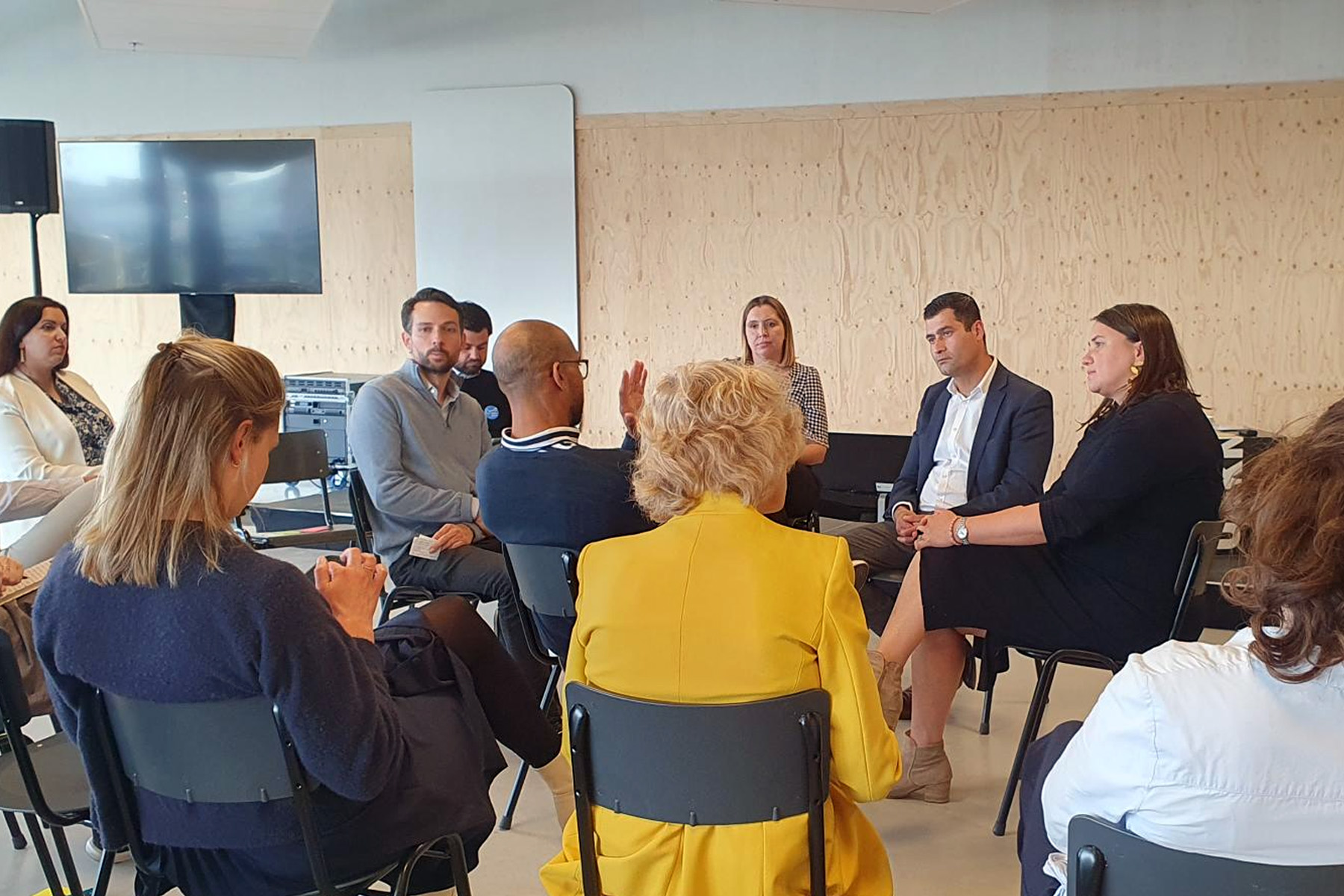
Impact is in the eye of the beholder
The discussion started by acknowledging that impact is best understood through the eyes of the people experiencing change. While 35% of impact investors currently collect data from stakeholders about outcomes, proven solutions and promising new technologies (such as AI) exist to scale-up stakeholder voice – albeit with some potential ethical pitfalls that need to be navigated.
Insights from engaging with stakeholders about their lived experience can also drive improved accountability. The recently released Impact Performance Reporting Norms seek to improve the flow of information along the capital chain so asset owners can make informed investment and engagement decisions that are centred on stakeholder well-being (so-called upwards accountability).
At the same time, downwards accountability can be embedded in the engagement process by ensuring that findings are fed back to end-stakeholders – which is a core part of frameworks such as the WEST Principles and the AA1000 Stakeholder Engagement Standard. This requires a thoughtful approach to ensure learnings can be both used and useful. For example, individual workers responding to a survey may lack the agency to act on findings, but sharing aggregated results with labour unions can help drive improved outcomes for a wide range of stakeholders.
From engaging to empowering stakeholders
As well as collecting input from stakeholders to inform decisions, organisations can aim to progressively shift decision-making authority toward affected communities.
Since power is often concentrated in those with capital to deploy, organisations can develop an awareness of the power dynamics at play to examine their internal practices (along the investment process from deal sourcing to exit) and set expectations to engage externally (e.g., reporting). Such critical reflection is especially important to advance social equity outcomes that emerge “not only from improved access to resources and decision making but control over these aspects,” to quote the Criterion Institute’s paper Process Metrics that Analyze Power Dynamics in Investing.
The crux of the conversation – and the liveliest debate – came when exploring how to redress such imbalances. The start of the journey to shift (and share) power involves surfacing and challenging foundational assumptions as well as recognising systemic biases underpinning not just where but also how capital is allocated.
To learn about practical levers to disrupt power dynamics along the investment process, the group dug into two real-life examples.
Village Capital shared their philosophy that decision-making power should rest in the hands of entrepreneurs. Flipping the traditional model of investment, that privileges the deal-making insight of capital allocators, Village Capital adopts a peer due diligence approach, where other founders asses, provide feedback and collectively decide which companies should be invested in.
Compared to the wider industry, where women-led start ups represent only 15% of an average portfolio, close to 50% of over 100 startups peer-selected for Village Capital investment are women-led companies.
Kampani, a social impact investment fund working to unlock the potential of entrepreneurial farming in the Global South, then provided insight into how to fuse knowledge of the social issues being addressed into governance and ownership structures. By raising capital from both private investors as well as farmer associations and NGOs, Kampani offers social purpose organisations a direct stake in the fund.
NGO shareholders and mission-aligned partners help generate deal flow and often remain involved in the investment by providing technical assistance, helping to align incentives in the investment opportunity and, consequently, in the funded producer organisations themselves.
Shifting capital is necessary but not sufficient
The discussion wrapped by taking a step back to reflect on ‘what works’ to put power in the hands of affected stakeholders.
Shifting capital is an important mechanism to elevate stakeholder voice, especially for historically marginalised communities. But the way capital is shared may be just as important for long-term positive outcomes. Linking back to a theme of an earlier session, the group touched on recent interest among private equity investors in employee ownership, noting that some of the more popular models give workers equity but no rights to vote on key decisions, such as selling the company.
As impact investors continue widen the range of stakeholders they engage with and innovate new models of accountability, the impact movement will continue to learn how to effectively challenge – and change – power dynamics to drive shared prosperity and more equitable outcomes for all.

